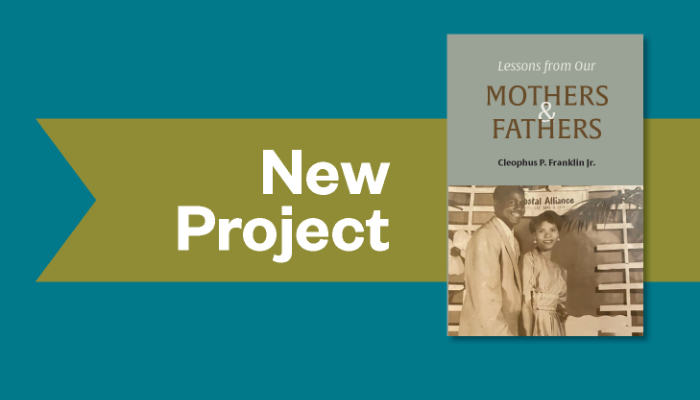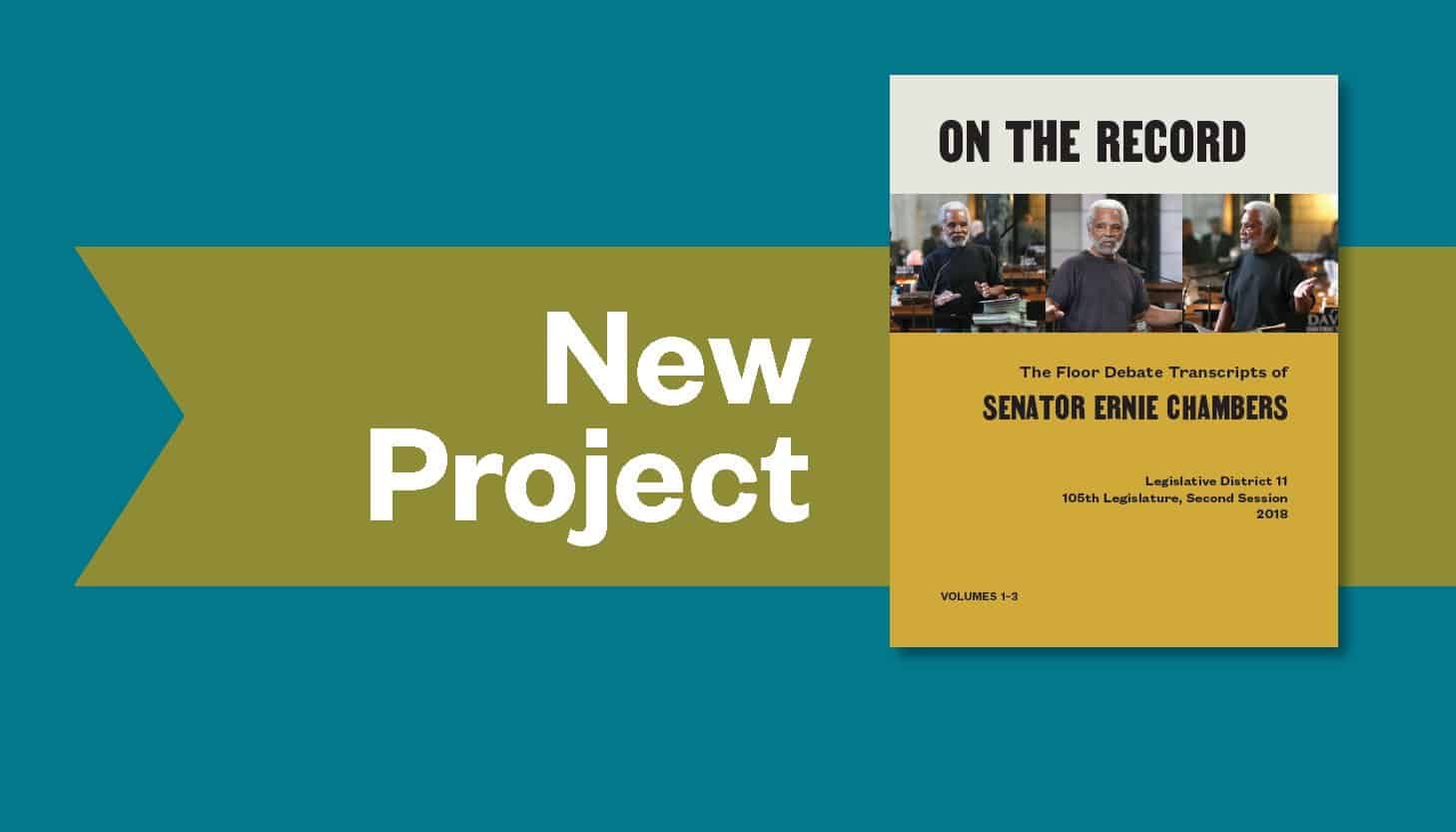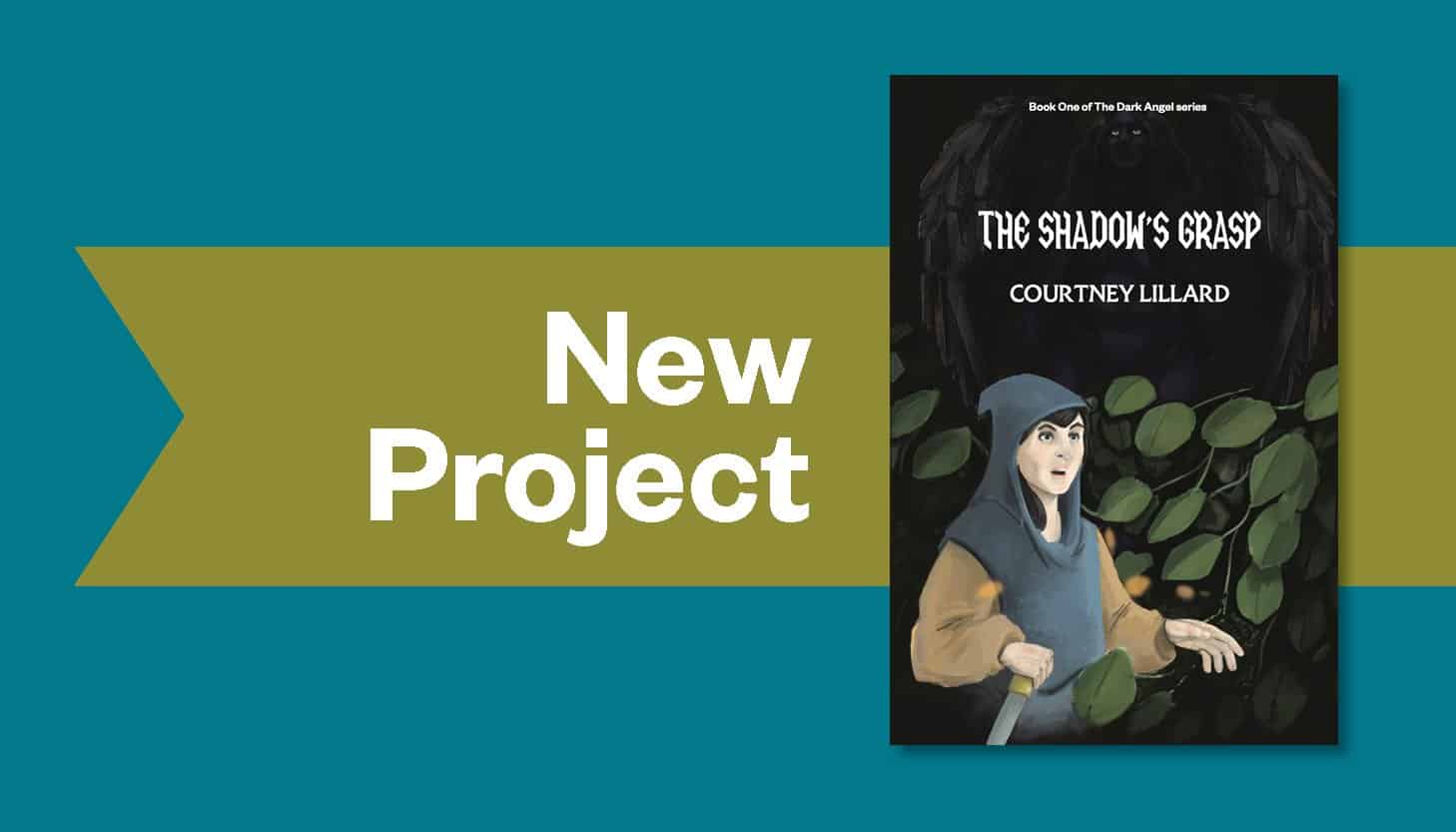
What’s the best way to improve your writing? READ MORE.
It’s so obvious, isn’t it?
Read, read, read. Read at work (if your boss will let you), read at home, read at the library (the Stuttgart library, pictured, is nice), read for pleasure, read for enlightenment.
You can, of course, read anything you want—but if you want to improve your writing, you need to target your reading.
Read What You Write
Whatever you write, you will want to read more of it. If you write finance-related blog posts, read other finance-related blog writers and their books (they almost always have a book). If you write fiction, read writers in your genre. Be sure to read books from indie publishers and self-publishers that are outside the mainstream to broaden your perspective.
Read Beyond What You Write
After you have a firm understanding of your own niche or genre, expand your understanding by moving to writing that has absolutely no connection with what you do.
Because I write blog posts related to writing, publishing, and marketing, and the occasional personal essay, I read books and posts on marketing, business, and creativity. But I also read a lot of other stuff: sci-fi and fantasy, productivity and self-improvement, tons of news articles. I try to read as much as I can on different topics and in different genres.
As you probably know, there are two additional reasons you should read more: (1) You will improve yourself and your knowledge (leading to better decisions and a better life); (2) You will gain the health benefits of improved memory, improved concentration, and lower stress levels (depending on what you read, I suppose).
Read Books on Writing
Another way to improve your writing is to read books about writing and creativity. Here is a short list:
- On Writing: A Memoir of the Craft by Stephen King
- Bird by Bird: Some Instructions on Writing and Life by Anne Lamott
- Writing Down the Bones: Freeing the Writer Within by Natalie Goldberg
- On Writing Well by William Zinsser
- The Elements of Style by William Strunk, Jr. and E. B. White
If you’ve already delved into the books above, try these:
- The Writing Life by Annie Dillard
- The Writer’s Journey by Christopher Vogler
- Steering the Craft by Ursula K. LeGuin
- Zen in the Art of Writing by Ray Bradbury
- How to Write Bestselling Fiction by Dean Koontz
- The Writing Life: Writers on How They Think and Work, edited by Marie Arana
- The Artist’s Way by Julia Cameron
- The Writer’s Journey by Christopher Vogler
- Steal Like an Artist by Austin Kleon
- Write. Publish. Repeat. by Sean Platt and Johnny B. Truant
- The War of Art by Steven Pressfield
- Ignore Everybody and 39 Other Keys to Creativity by Hugh MacLeod
You might also check out Hugh Howey, author of the Wool series and advocate of self-publishing. Howey notably managed to turn his independently published books on Amazon into a six-figure deal with Simon & Schuster, while keeping the ebook rights. His books are great sci-fi, but his thinking about books and publishing (and other things) is always interesting: Salon, Locus, Copyblogger.
It’s none of their business that you have to learn to write. Let them think you were born that way.
—Ernest Hemingway
In addition, try reading books on editing.
The following books specifically helped me become a better copyeditor, which in turn made me a better writer. Writers shouldn’t be intimidated by the nuances and necessities of spelling, grammar, and editorial style (see Strunk and White above). You need to know the rules before you can successfully break them.
- The Chicago Manual of Style (CMS)
- The Associated Press Stylebook (AP)
- The Copyeditor’s Handbook by Amy Einsohn
- Garner’s Modern American Usage by Bryan A. Garner
If you already write in a certain editorial style due to your profession or position, consider reading other style guides to see how they differ. I’m a big Chicago style fan (it’s standard for books), but I find AP style equally valuable because it gives an answer on some things where Chicago doesn’t. I’ve been asked to write and edit in both styles, and it’s been a freeing experience—there’s more than one way to solve a problem.
After you’ve used the insights you’ve gained from reading to improved your writing, here’s a way to make it even better:
Review Your Writing
I’m the first to say you can’t edit your own writing. It’s hard to be objective, and most writers aren’t trained to be editors. But here is something you can do, and something I do myself:
Take a day away from your latest draft. Let your weary writing mind relax. Think about other things. Do other things. Come back to your writing refreshed. Do you see the typos and the grammar mistakes? The errors in logic? The places where you can cut words to add punch? I hope you do.
Run your updated draft by a trusted friend or partner who is not afraid to criticize your writing. Take what they say as a means to better your writing, not as a personal attack. If you can expand your reviewers to two or three, that’s valuable, but be careful about having more than that.
It is perfectly okay to write garbage—as long as you edit brilliantly.
—C. J. Cherryh
Write More
Now that you’ve targeted your reading to your niche or genre, read more books on writing, and strengthened your writing based on other’s reviews of your work, you can put it all together and do the final thing that will make you a better writer, which is simply WRITE MORE.
If you want to be a writer, you must do two things above all others: read a lot and write a lot. There’s no way around these two things that I’m aware of, no shortcut.
—Stephen King
Improve your craft. Practice your profession. Get to work. Deliberate, dedicated time spent focusing on improvement is what makes you an expert.
Make the time to write. You don’t have it? But you do. It’s called prioritizing, folks, and it means making time for what’s important to you.
Write when you don’t feel like writing. Write when you feel like you’re the world’s worst writer. Write on good days and bad days. Write when you have something to say and when you can hardly put a sentence together. Just keep writing.


